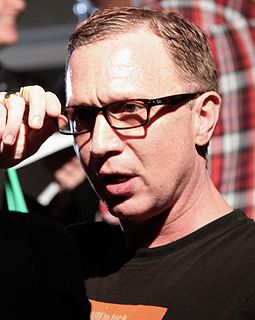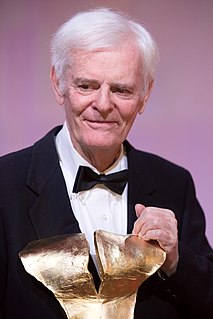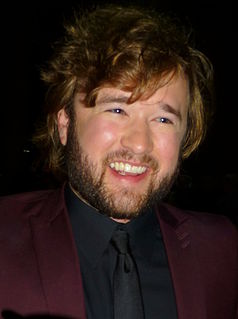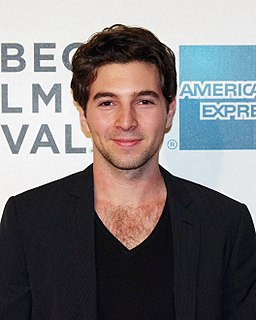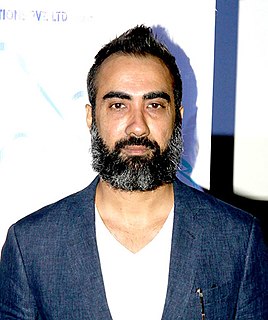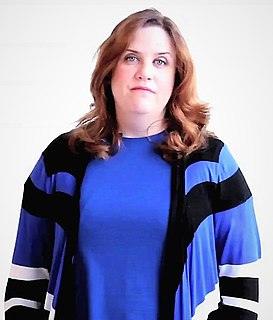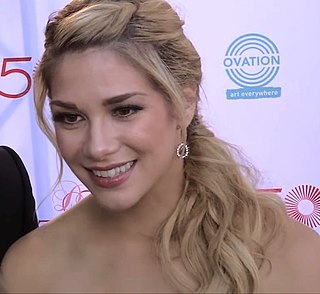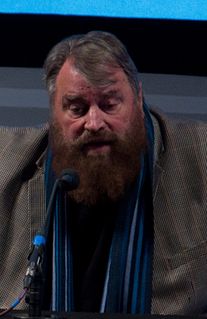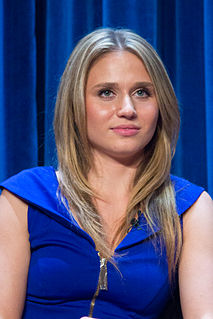A Quote by Bruce LaBruce
I have an appreciation for what some people would call "bad acting," but which I think can be much more real than the overly emotive, technical and supposedly "realistic" acting that is so prevalent in mainstream cinema.
Related Quotes
We have so much access to one another through technology and everything else, that we're very much used to people being real. When folks go on TV and they're basically acting - if they were good actors they'd be acting and paid for it for a living, but they're not good actors. When we see bad acting, it doesn't look like bad acting, it looks weird, and we are turned off by it. I'm not talking about anybody in particular, that's just politics right now. This generation, I feel like, has incredible bullshit detectors.
I trained at the Lee Strasberg Institute at Tisch, which is a huge foundation for young actors. They teach you their methods and give you the sense that acting is much more tangible than most people think. I think there's a mysticism of what acting is, in the fact that it's this ungraspable, spur-of-the-moment thing that nobody can understand.
My education was a huge influence. I trained at the Lee Strasberg Institute at Tisch, which is a huge foundation for young actors. They teach you their methods, and give you the sense that acting is much more tangible than most people think. I think there's a mysticism of what acting is, in the fact that it's this ungraspable, spur-of-the-moment thing that nobody can understand.
Acting is many things. Acting is playing lines, of course, but it's much more profound than that. Acting is truth-telling and trying to find the truth in a human situation, which will be sketched out by a screenwriter with all the skill that a screenwriter can do; but in the end, that's just the map of the journey.
I'm not able to completely escape naturalism. It's very difficult to escape from naturalism without being too dry. That's what I try to do in my cinema - escape naturalism and do films that are, at the same time, realistic but have a lot of fantasy. It's very difficult in cinema to get away from what life is about, from real life. The way the actors work has to be realistic - you can't do Baroque acting - so it's very complicated. And, we're human beings, so we're not perfect. I'm trying to do something different.
Acting is many things. Acting is playing lines, of course, but it's much more profound than that. Acting is truth-telling, and trying to find the truth in a human situation, which will be sketched out by a screenwriter with all the skill that a screenwriter can do; but in the end, that's just the map of the journey. The actor's job is to divine and embody the truth, and find it.
More than my other films, Uncle Boonmee is very much about cinema, that's also why it's personal. If you care to look, each reel of the film has a different style - acting style, lighting style, or cinematic references - but most of them reflect movies. I think that when you make a film about recollection and death, you have to consider that cinema is also dying - at least this kind of old cinema that nobody makes anymore.
